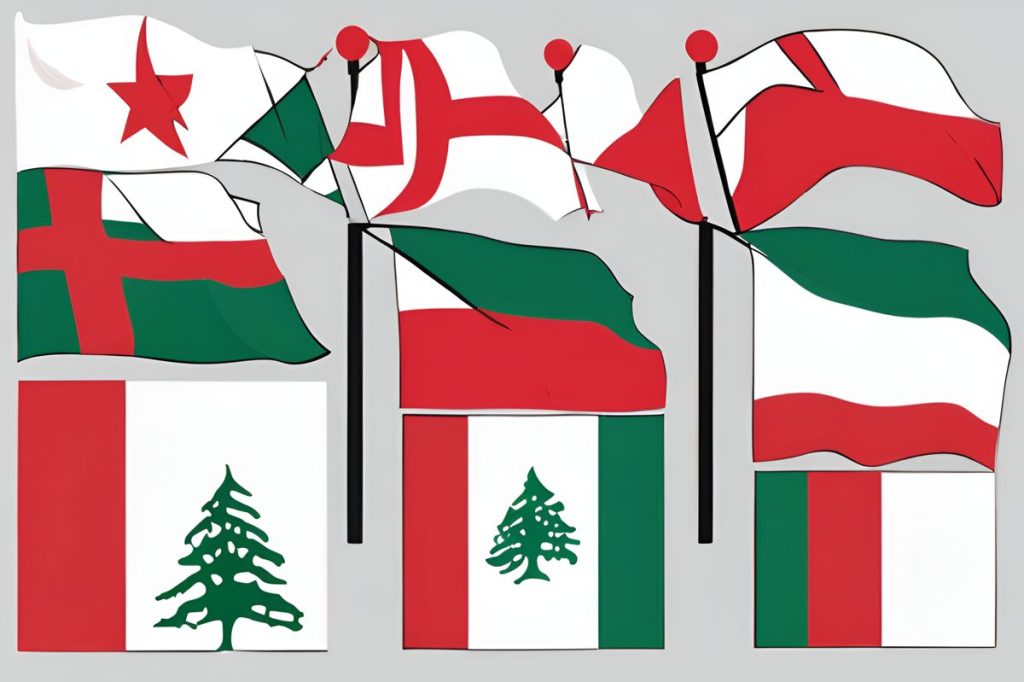President Nikos Christodoulides and European Commission President Ursula von der Leyen are heading to Lebanon to strengthen EU-Lebanon relations, address migration concerns, and enhance regional stability amidst Middle East complexities. Discussions will also encompass the broader regional dynamics, including the Cyprus issue and EU-Turkey relations, underscoring the proactive role of Cyprus in shaping EU foreign policy and addressing geopolitical challenges.
What is the purpose of the EU-Lebanon joint official visit?
The purpose of the EU-Lebanon joint official visit by President Nikos Christodoulides and European Commission President Ursula von der Leyen is to discuss support for Lebanon amidst Middle East complexities, address migration concerns, enhance regional stability, and assess the EU-Turkey relationship’s impact on European security.
Strengthening EU-Lebanon Relations
President Nikos Christodoulides, alongside Ursula von der Leyen, President of the European Commission, has announced their joint official visit to Lebanon on May 2. Both leaders aim to engage in critical discussions about the support Lebanon needs amidst the complex situation in the Middle East. Christodoulides emphasized the significance of this visit while attending the European Council meeting in Brussels, highlighting the strategic dialogue on EU-Turkey relations and its implications for regional stability and security.
The EU’s relationship with Turkey has long been a matter of concern for Cyprus, given the ongoing division of the island and the stalled reunification talks. The visit to Lebanon and the concurrent discussions underscore Cyprus’s proactive role in shaping EU foreign policy, particularly regarding its near neighbors and in addressing broader geopolitical challenges.
Migration and Security
In Lebanon, the leaders will delve into the pressing issue of migration, a concern for many EU countries, including Cyprus. With Lebanon hosting a substantial number of Syrian refugees, the reassessment of certain areas in Syria as ‘safe’ could have significant ramifications for migration flows and refugee return policies. Christodoulides plans to address this topic in consultation with other EU member states, recognizing the delicate balance between humanitarian responsibilities and national security interests.
The stability of Lebanon is of paramount importance to the EU, given its strategic location and the spillover effects of regional tensions on European security. The enhancement of EU-Lebanon cooperation is seen as a key step in managing migration effectively while ensuring the protection of vulnerable populations.
Regional Dynamics and the Cyprus Question
During the visit, discussions will also cover the broader Middle East situation. The hope is to prevent any further deterioration that could impact neighboring states and the EU at large. Christodoulides has articulated a vision for cooperation and dialogue as the means to address the intersecting challenges of regional conflict, migration, and humanitarian crises.
Within this context, the Cyprus problem remains a pivotal element in the matrix of EU-Turkey relations. Progress on the reunification talks is closely linked to broader regional dynamics, and Cyprus is keen to influence the EU’s stance towards Turkey. Christodoulides stressed the need to send a positive yet firm message to Turkey, indicating that the advancement of bilateral relations hinges on Turkey’s conduct in negotiations.
Humanitarian Assistance and Future Prospects
The visit to Lebanon is part of a wider EU effort to engage with the region proactively. France’s initiative to host the Lebanese Prime Minister and the head of the country’s armed forces in Paris reflects a concerted European strategy to address the challenges Lebanon faces. Moreover, Christodoulides mentioned the anticipation of resumed humanitarian assistance in the Gaza Strip through initiatives led by the US and supported by Cyprus.
These diplomatic exchanges and the EU’s strategic dialogue underscore the importance of a coordinated approach in dealing with complex regional issues. As the EU navigates the intricate web of Middle Eastern politics, the roles of Cyprus and Lebanon emerge as crucial in fostering dialogue, stability, and a humane approach to migration.
What is the purpose of the EU-Lebanon joint official visit?
The purpose of the EU-Lebanon joint official visit by President Nikos Christodoulides and European Commission President Ursula von der Leyen is to discuss support for Lebanon amidst Middle East complexities, address migration concerns, enhance regional stability, and assess the EU-Turkey relationship’s impact on European security.
How will the visit strengthen EU-Lebanon relations?
The visit aims to engage in critical discussions about the support Lebanon needs amidst the complex situation in the Middle East. President Christodoulides emphasized the strategic dialogue on EU-Turkey relations and its implications for regional stability and security, showcasing Cyprus’s proactive role in shaping EU foreign policy and addressing geopolitical challenges.
What topics will be addressed during the discussions in Lebanon?
The discussions will cover migration concerns, the stability of Lebanon, broader regional dynamics, including the Cyprus issue and EU-Turkey relations. The aim is to prevent further deterioration in the region and address intersecting challenges of regional conflict, migration, and humanitarian crises through cooperation and dialogue.
What role does Cyprus play in shaping EU foreign policy in the region?
Cyprus plays a crucial role in influencing EU foreign policy, particularly concerning its near neighbors and broader geopolitical challenges. The proactive stance taken by Cyprus, as seen in this joint visit to Lebanon, highlights its commitment to fostering stability, addressing migration issues, and managing regional complexities in cooperation with the EU and other member states.

